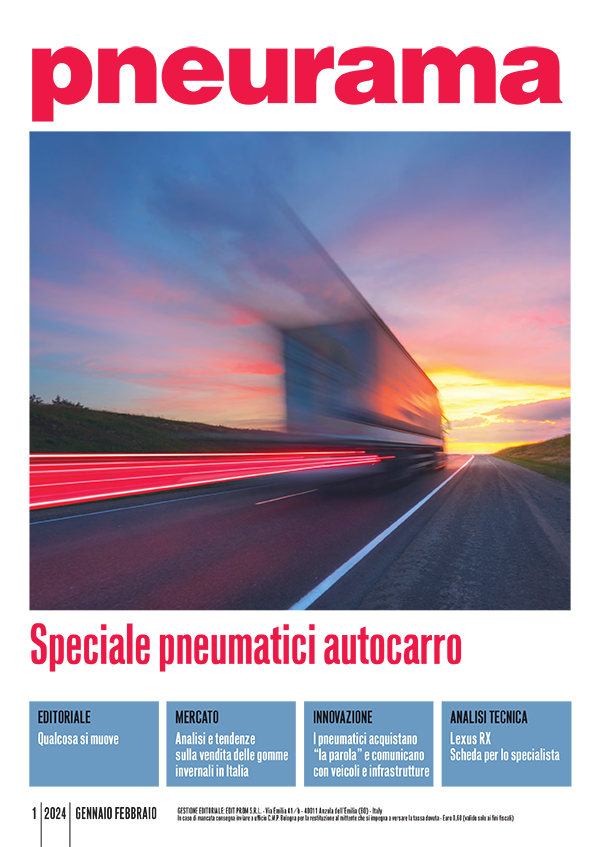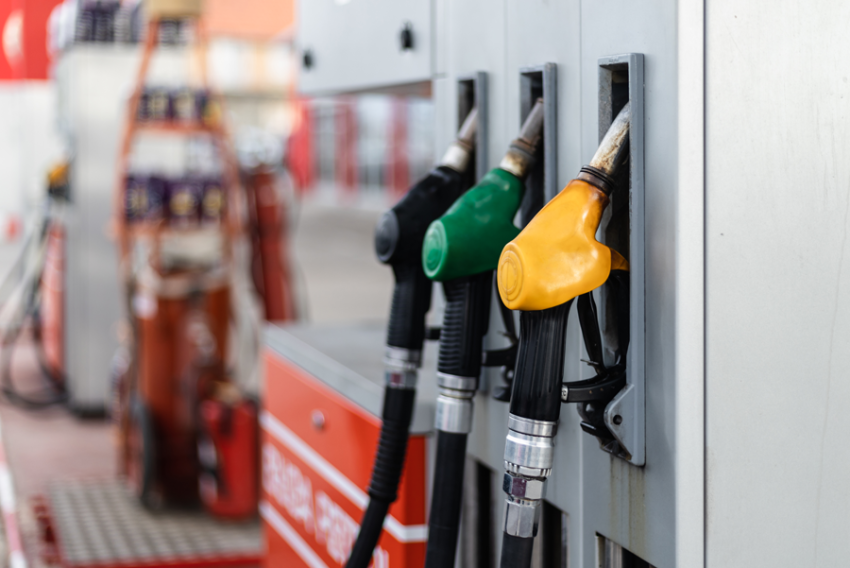Remember that following the end of fuel excise rebates, the government has embarked on a battle for price transparency in an attempt to avoid speculation. One of the measures considered is the display at filling stations around the country not only of the prices charged, but also of the regional average price of fuel. The reasoning seemed simple enough: if a station displays a price of two euro for every litre of petrol, while the average price is 1.9, evidently the consumer will be induced to look for a different filling point. Each station would then, in order to attract customers, be induced to charge a lower price than the average and this over time should, as a consequence, lead to lowering the average price. Not surprisingly, petrol stations around the country called for a strike against this government measure as well as other issues. If they did, they evidently did not consider the measure favourable to their business. The interesting thing is that, while the government was announcing the measure, another very authoritative national institution, namely the Competition and Markets Authority itself, expressed a diametrically opposed opinion: it declared itself against the measure, arguing that the benefits to consumers appeared uncertain against a possible risk of a reduction in competitive stimuli. So, who’s right? Far from passing judgement on such a complex subject, we would like to point out that, an issue such as this, which is important for both business and consumers' wallets, may benefit from an objective appraisal of the subject beyond positions of principle. We mentioned this example because the problem of average prices affects other categories as well, including tyre dealers. Is it always wrong to have reference prices or is it necessary to assess them on a case-by-case basis? Simply put, a professional repair job involves removing the tyre from the wheel, a thorough internal and external inspection and the use of suitable materials and equipment with trained personnel. If the analysis of such an operation determines an average value, is it in the consumer's interest not to know this average value, which could lead to “cartel logics”, or is it better for them to know the average price and avoid these spiralling upwards, or downwards, a probable indication of poor service? Let us hope that someone will objectively ask the question, since, as far as tyre dealers are concerned, this is an activity closely connected with road safety.
TOPICS
TAG
technical analysis | car | tires | truck | interview | automotive | tire dealer | road transport | motorcycle | Ford
MAGAZINE

FLIP MAGAZINE PAGES

